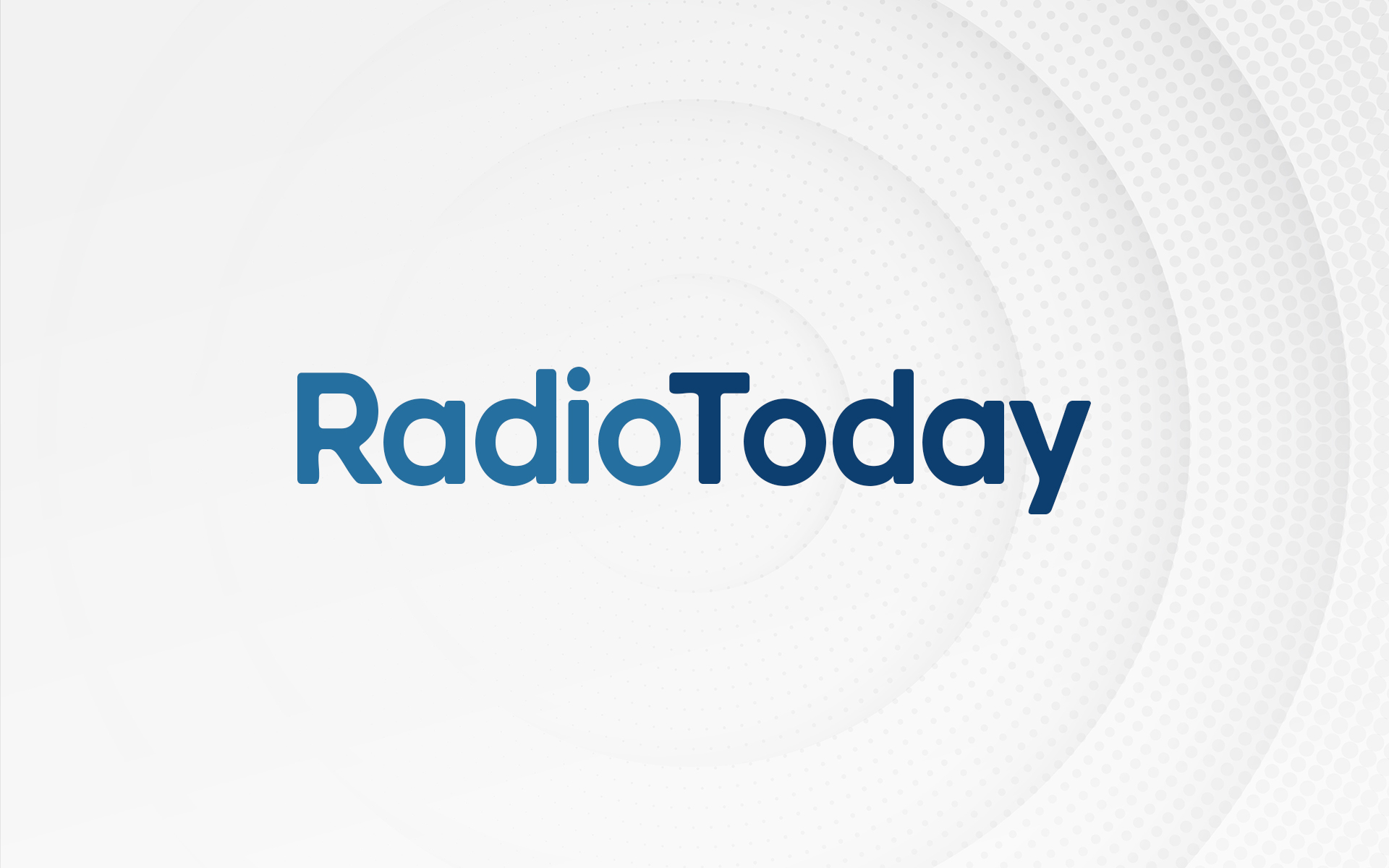
This week came the news that three more local radio licences are to be handed back to Ofcom at the end of the year as The Wyre (Kidderminster) and The Severn (Telford & Shrewsbury/Oswestry) close down. But is this a sign that local radio is dead or just a reminder that the sector needs more support from government to help it flourish?
Radio Today Editor Stuart Clarkson looks at the future of local commercial radio in times of economic trouble and chats to UKRD Chief Executive William Rogers to find out how they’re bucking the trend with their portfolio of local stations.
 One thing’s for sure – this isn’t an article about Heart and Capital and you won’t find me mentioning them again I’m afraid. Yes, lots has been said and written about whether Global have abandoned local radio in favour of national brands delivered locally – but the fact remains that most of the licences in question covered sizeable TSAs in the first place. The coverage areas for the Telford, Shrewsbury and Kidderminster licences awarded by Ofcom (and the Radio Authority before it), however, had adult populations of around 100,000 each, so even with a fairly decent 25% reach were only ever going to hit a relatively small number of people. And when they started life it was before John Myers’ report for government on local radio – and before programme sharing and co-location became a realistic option.
One thing’s for sure – this isn’t an article about Heart and Capital and you won’t find me mentioning them again I’m afraid. Yes, lots has been said and written about whether Global have abandoned local radio in favour of national brands delivered locally – but the fact remains that most of the licences in question covered sizeable TSAs in the first place. The coverage areas for the Telford, Shrewsbury and Kidderminster licences awarded by Ofcom (and the Radio Authority before it), however, had adult populations of around 100,000 each, so even with a fairly decent 25% reach were only ever going to hit a relatively small number of people. And when they started life it was before John Myers’ report for government on local radio – and before programme sharing and co-location became a realistic option.
By the end of this year, pushing 20 commercial radio licences will have been handed back to Ofcom in the space of just over five years. And there could be more to come – I know of one or two more commercial stations that are struggling to make ends meet right now. We’ve already seen a handful of community radio stations fail too – Boundary Sound and Radio Sandwell are among the latest after the companies operating them were dissolved. To date, more than 20 community stations have either decided not to launch or have returned their licence because of funding problems. How many more will follow the same route? Well, Ofcom’s own figures show 71 made a loss last year. 39 of those lost more than £10,000 and one was in debt to the tune of £90,000.
Times are clearly tough for stations trying to bring in money to survive – whether that’s commercial revenue or grant funding. But are there other factors making the survival of local radio even harder? William Rogers who runs UKRD, owner and operator of 16 local radio licences, told me he sees six main issues that have created a real problem for local commercial radio in the last decade:
1 – Far too many very small licences issued into the market by the regulators.
2 – Too many of those licences suffering from wholly inadequate power to serve their areas with an effective signal.
3 – Very poor regulatory decision-making.
4 – Introduction of DAB and the consequences it’s had on the profits and investment across the local radio sector particularly.
5 – More lately a government that’s hostile to the sector and (in William’s view) a failure by the civil servants at the DCMS to generate good policy making out of the department.
6 – Lack of representation for genuinely local commercial radio to government and the regulator by the sector itself.
Some changes have happened in the last couple of years as a result of the Digital Economy Act, but William told me: “I think any change that the market and sector has needed has been ultimately delivered by a regulator kicking and screaming. Instead of running ahead of the market curve and responding to it in a sensible way, Ofcom has dragged its feet and when it has made decisions they’ve been far too late and far too limited.”
UKRD differs from many other local radio operators in that it doesn’t have shows networked across the UK – and positively scrapped them when it started running stations previously owned by TLRC following the takeover in 2009. Across UKRD’s stations, audiences are up, revenues are up and profits are up. The group also says it has 10% more staff than this time last year (excluding acquisitions). “Our radio stations have a huge degree of autonomy,” says Rogers. “Our managing directors run their businesses and I think the diference that creates is a level of passion that you get from your teams on the ground because they want to add more to what they give to the business. For us, local radio is a fabulous model. There’s nothing wrong with it and it’s not broken.”
He also says suggestions local radio is dead or dying are ‘far off the mark’. “I get so frustrated with the industry sometimes when it surrounds itself in a sense of gloom,” he told me. “We should be celebrating what local radio can produce – not undermining it.”
But let’s not forget it was UKRD who became the first to hand back a commercial radio licence to Ofcom when they closed down Star Radio in Stroud in September 2006. “It simply wasn’t viable,” says Rogers. “Even when we put a proposal to Ofcom to make it viable – which ironically now would have been accepted – it wasn’t accepted at the time. It was too small and the signal was hopeless and couldn’t deliver the product into the areas it was supposed to serve. When you’re confronted with these issues you can do all the co-location and programme sharing you like, but you also have a competitive market to confront and the economy isn’t great either.”
After Stroud, UKRD also surrendered two other licences – Fen Radio in Wisbech (which had a reach of 13,000 in a TSA of 81,000) and Mix 107 in High Wycombe (which had a reach of 15,000 in a TSA of 134,000). William says : “The danger of trying to make it work is that you end up sucking investment out of everything else you’re doing in order to prop up an ailing radio station and you end up damaging those that are working.”
Today, of the group’s 16 stations the smallest TSA is Spire FM in Salisbury which has a population of 115,000 but delivers a 37% reach and has been a consistent performer over its lifetime. “Spire has a tremendous signal – it actually gets where it’s supposed to get,” says Rogers. “It’s big enough and has a sense of community to make it work. It also delivers a highly focussed local product. If those things are all in place, local commercial radio is an absolutely fantastic business model – it’s such a powerful media that can do so much in so many communities.”
Licences were handed out by the Radio Authority and Ofcom through the late 90s and early 00s based on demand from individuals and groups wanting to set up radio stations. Organisations were able to lobby for an area to be added to the regulator’s ‘working list’ and most eventually turned into full time licences – regardless of whether or not they were going to be financially viable. In 2005, among the licences advertised by Ofcom were Barrow-in-Furness (TSA 65,000 – licence later handed back), Northallerton (TSA 30,000 – originally tagged onto Minster FM but now part of Star Radio NE from Darlington) and Shrewsbury (TSA 100,000 – currently sharing programmes with Telford licence but about to close down). Were some of these later licences actually ever going to work – especially with TSAs as low as 30,000?
Here’s William Rogers again: “It is really hard launching a radio station into a marketplace which has already got a number of alternatives available because people’s listening habits do take a while to change. If the starting point is a very low TSA and a very poor signal you are in real trouble to have any serious likelihood of impacting in a way that’s going to give you a business model that will work. Part of the problem has been the industry’s keenness to snap up any radio licence that was going and promote across the whole country the aspiration of having even more radio stations. Sadly the regulator responded to that by issuing far too many licences that were simply too small and have a wholly inadequate signal strength.”
The latest closures by MNA Broadcasting (owners of The Severn and The Wyre) are sad for the industry and the people affected by any redundancies that result. John Myers predicted in 2009 that 50 stations could be forced out of business without a radical overhaul of the way the sector was regulated. Across commercial and community radio we’re not far off that that figure now. But there are two sides to every story. If UKRD can make truly local radio profitable then the business model is obviously there. The industry just needs the support of those with the power to help make it a success in the toughest of marketplaces.
“I really feel sorry for those guys in the Midlands,” says UKRD’s William Rogers. “I know they’ve worked really hard to try and make it work and it’s a really sad day when this sort of thing happens. But the problem wasn’t caused today – it was caused many years ago with bad regulatory judgements – we’re seeing that consequences of those today.”
This article originally appeared in eRADIO – click here to subscribe and read archived editions of our free weekly e-newsletter.
Posted on Wednesday, December 7th, 2011 at 11:08 am by RadioToday UK


